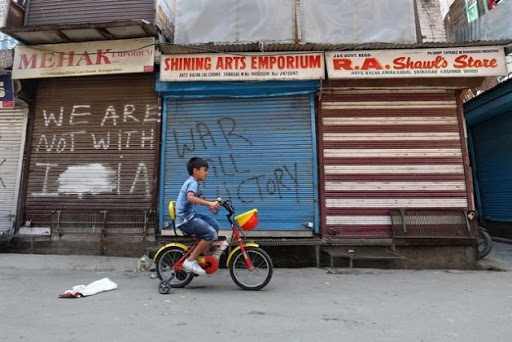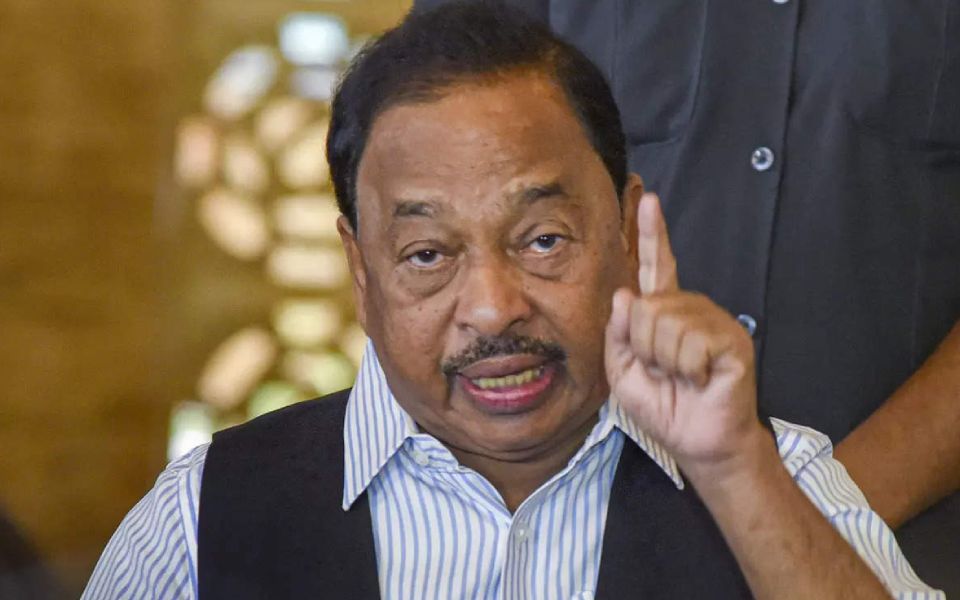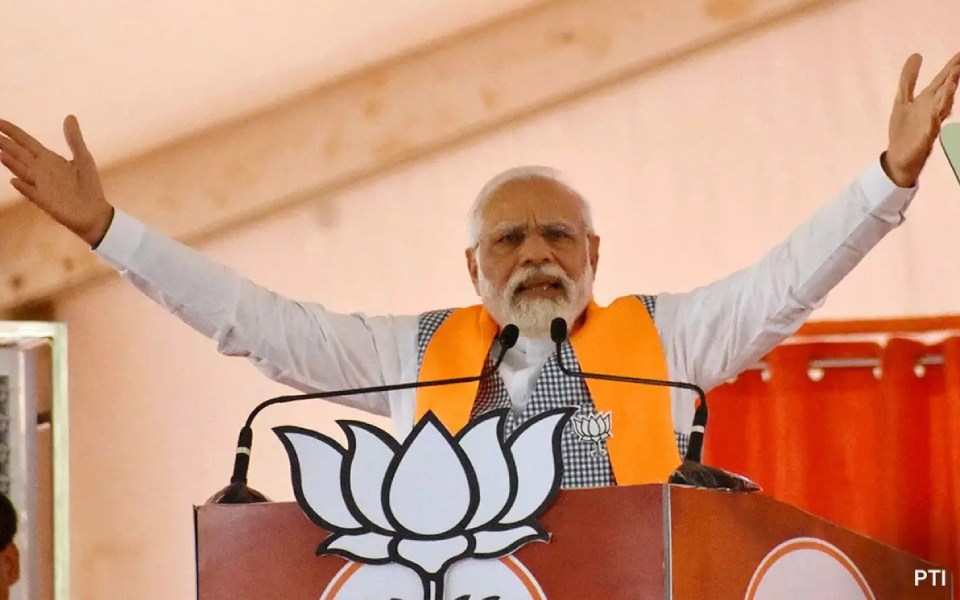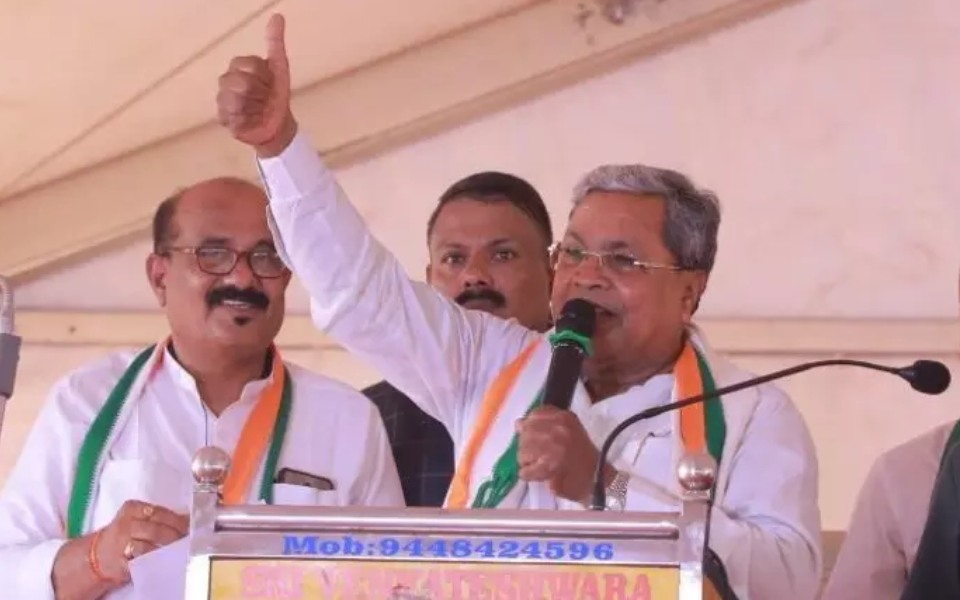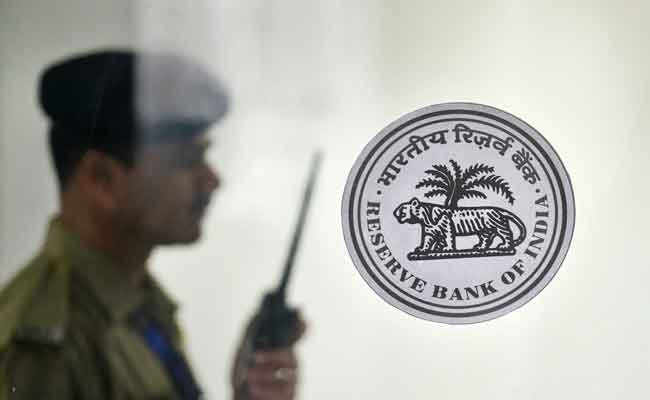To combat the Coronavirus, the entire country has been under lockdown for the last two months, but the lockdown has hardly been of any help to stop the community spread of the virus. It has, however, wrecked economic havoc in the life of the common man with the country finding itself in social and economic shambles. Further, using the lockdown as a pretext, the police brazenly committed atrocities against the common man which was reported widely in the media. The country needs at least one or two years to recover from the impact of the lockdown.
Before the lockdown was imposed across the country, Kashmir – an integral part of India – had already been in lockdown for six months. Other than Kashmir, the entire country celebrated the imposition of lockdown in Kashmir almost as if we had gained freedom. The six-month lockdown in the state seriously impinged on the rights of Kashmiris to lead their normal lives. For the rest of the country to experience how lockdown, curfew, and restrictions can suffocate and snuff the life out of people, the Coronavirus had to enter the country.
Today, let alone winning the war over Coronavirus, we have only succeeded in spreading it across the country and are now standing empty-handed having lost everything in the process. In this dire situation, we should not, however, forget the fact that Kashmir will soon complete one year in lockdown. We should ask ourselves some important questions about how successful the attempt has been to take over Kashmir through the might of the military and to what extent has the life of Kashmiris improved after annulling Article 370 and during the military lockdown. On August 5, 2019, Article 370 that gave special status to Kashmir was annulled and the state was divided as the Union Territories of Jammu Kashmir and Ladakh.
Through these measures, a popular impression was created that Kashmir has been completely integrated into India. The Centre insisted that with the removal of Article 370, a huge block impeding democracy and development in Kashmir had eased off. At the same time, the country celebrated that Kashmir was also finally emotionally integrated with India. But, even after one year, Kashmir is being unofficially ruled by the military and Kashmiris are in a state of desperation after losing their rights and having been in lockdown for a year. Their lives have been further battered with the onslaught of the Coronavirus.
Leaders of Kashmir’s mainstream political parties have been in jail during this time. Not just that, opposition party leaders in Delhi have been denied permission to enter Kashmir. These actions show that after Article 370 was annulled, the gulf between Kashmir and India has only increased. The actions of the government to instill confidence in the people of Kashmir are also very disappointing. According to a report, as of 2020, farmers, businessmen, merchants, and farm laborers are battling feelings of shame, disgrace, deception, and helplessness. The number of people opposing the annulment of Article 370 is also increasing. For the elders of Kashmir, Article 370 was not merely a provision of the Constitution but also a symbol of their confidence in the administration. The annulment of Article 370 has not dented the political philosophy of extremists in the Kashmir valley in any way, rather it has handed over a powerful weapon for the extremists to take control of the common man. The government’s action is turning out to be a deeply wrenched wound. The most dangerous development, if one were to call it that, is the behavior of the mainstream political parties that have become rather dull and insipid with extremist organizations using the opportunity and trying hard to take their place.
The government’s belief that the annulment of Article 370 would stop the interference of Pakistan in Kashmir has also been proven wrong. The battle between extremists and the army has further intensified and the number of army personnel stationed in Kashmir has increased manifold. Even as the government is handling Pakistan’s interference, the relations with China and Nepal have also nosedived, which has further strengthened Pakistan’s position.
A small country like Nepal is raking up the border issue while China is repeatedly violating India’s border and trying to take control over Ladakh. Indian soldiers have already paid the price for Chinese incursion in Ladakh. The decision the government took in Kashmir has also resulted in escalating tensions with Nepal and China over the borders with clouds of war hovering around us. It has also opened up the possibilities of China encouraging extremism in Kashmir. Kashmir emerging out of the army stranglehold appears bleak. The way the situation in Kashmir has been handled has been a serious setback for India. We might have succeeded in legally integrating Kashmir through the annulment of Article 370 but till people of Kashmir are embraced and accepted wholeheartedly, Kashmir cannot be truly ours.
Let the Truth be known. If you read VB and like VB, please be a VB Supporter and Help us deliver the Truth to one and all.
Mumbai, Apr 23: Ahead of a rally of opposition leaders, Union minister Narayan Rane has warned that if anybody used abusive language against Prime Minister Narendra Modi, the person will not be allowed to return home.
Rane, the BJP candidate from Ratnagiri-Sindhudurg Lok Sabha constituency in coastal Maharashtra, was speaking at a campaign rally in Sindhudurg district on Monday.
Shiv Sena (UBT) chief Uddhav Thackeray and his party's MP Sanjay Raut criticise Modi while not understanding what they are talking about, said the minister, a former Shiv Sena leader himself.
"I learnt that opposition parties will be holding a rally in Sindhudurg soon. It is part of democracy, so they are welcome here. But if anyone uses abusive language against our leader, prime minister Narendra Modi, we will not allow that person to return from here," Rane said.
The BJP leader, who left the Shiv Sena after falling out with Uddhav Thackeray in 2005, claimed that Uddhav was never his father Bal Thackeray's choice for the post of Maharashtra Chief Minister.
"Had Uddhav been his choice, Balasaheb would have made him CM instead of me in 1999. Uddhav is a zero-performance person," said Rane, who was chief minister for less than a year.
He also alleged that during the coronavirus pandemic, Uddhav Thackeray, then chief minister, tried to get "15 percent commission" on vaccine procurement, and inquiry into such corruption of his government was going on.

